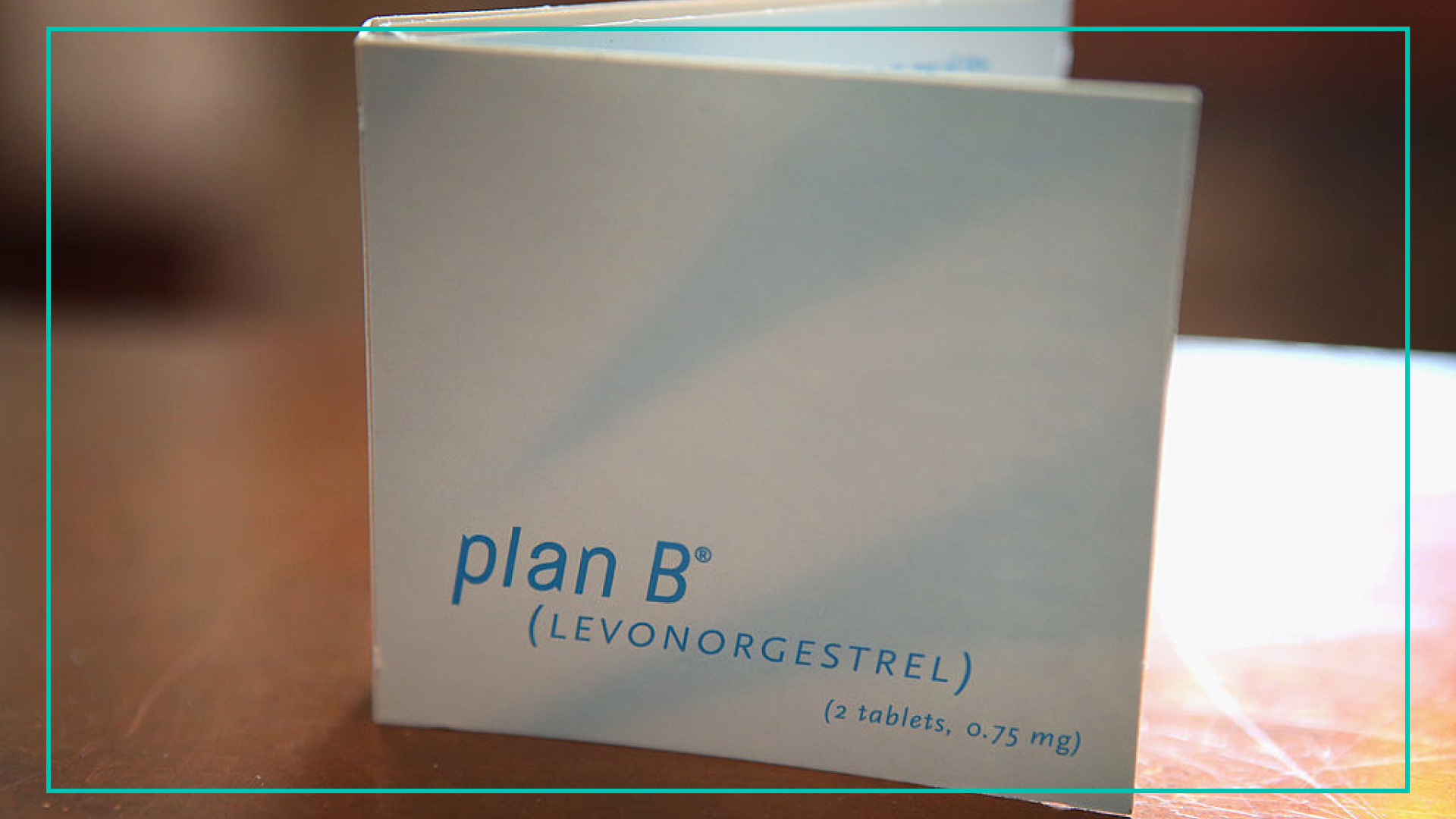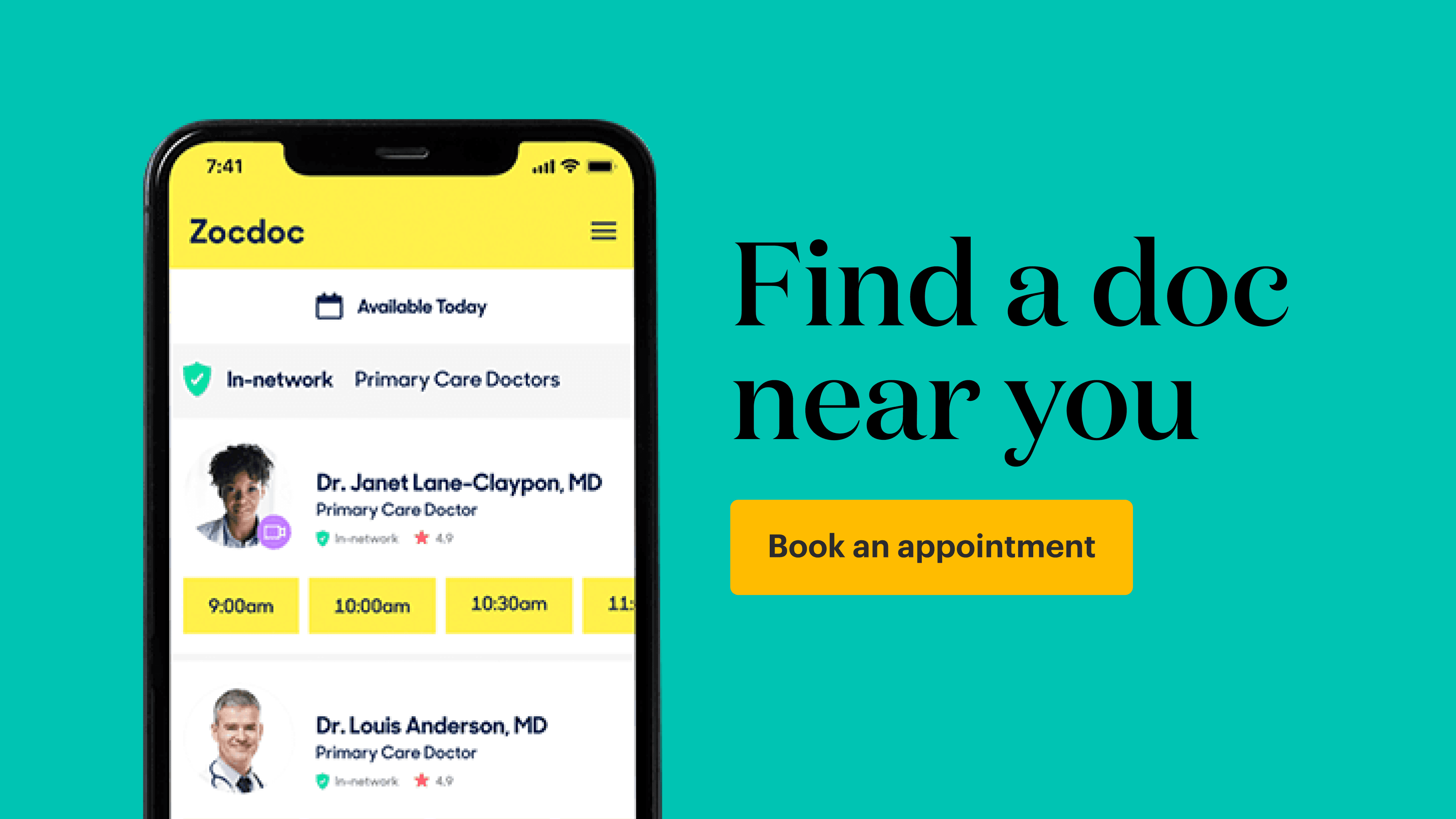This content is for informational and educational purposes only. It does not constitute a medical opinion, medical advice, or diagnosis or treatment of any particular condition.
Plan B, aka “the morning after pill,” can be a helpful backup for preventing pregnancy. Especially if you’re worried your contraception failed. But it doesn’t work for everyone. We spoke with Dr. Lauren Demosthenes, an OB-GYN and senior medical director of BabyScripts, an app that offers virtual pregnancy care and education, about the limitations of Plan B — from medications you shouldn’t mix with it to weight restrictions, and more.
First, what exactly is Plan B?
Plan B (or Plan B One-Step) is emergency contraception (EC) that can prevent pregnancy. And you don’t need a prescription or ID to get it. It’s helpful if:
You didn’t use protection
You missed a birth control pill
The condom broke
Important thing to know: Plan B is most effective if it’s taken within 72 hours of unprotected sex (and the sooner you take it, the better it works). But note: If you’ve already started ovulating before taking Plan B, it probably won’t work.
How does Plan B work?
Plan B temporarily delays the egg’s release from the ovary. So the egg and sperm can’t unite and form a fertilized egg. Without the egg, there's no fertilization. And if all goes according to plan, no pregnancy. But Plan B isn't foolproof. It's up to 89 percent effective when used within three days of unprotected sex.
What Plan B won’t do: Impact your chances of getting pregnant in the future, terminate a current pregnancy (it's not the same as an abortion pill), or protect you from STDs. It also can’t be used as a regular birth control method.
You can use regular contraception immediately after taking Plan B, Dr. Demosthenes said. Keep in mind: Since Plan B may delay ovulation, it’s possible that you might ovulate later in the month and have a high chance of getting pregnant. To be extra cautious, for a week after taking Plan B, either abstain from intercourse, Dr. Demosthenes said, or be sure to use a reliable form of birth control.
Is Plan B available everywhere?
Plan B is available at local drug stores, pharmacies, and online. It can cost up to $50 without insurance, and $11 for a generic brand. (And according to Planned Parenthood, you might be able to get it for free or at a lower cost from a family planning clinic or local health department.) But after Roe v. Wade was overturned, stores like Amazon and CVS initially limited purchases as customers rushed to stock up, and depleted inventory. If you’re looking to buy Plan B, check in with your local pharmacy or drug store about availability.
Does Plan B have a weight limit?
Yes. Plan B may be less effective for those who weigh over 155 pounds. Or for those who have a BMI (body mass index) over 25, said Dr. Demosthenes. Because some researchers have found that people who weigh more may metabolize drugs differently.
Worth noting: The average American woman weighs about 170 pounds, and some research shows that BMI is a problematic tool for measuring a person’s overall health and weight status.
Are there alternatives to Plan B?
Ella is another type of emergency contraception that can delay or prevent ovulation, said Dr. Demosthenes. (Note: It's 98 percent effective when taken within five days of unprotected sex). It’s more effective for people who exceed the weight limit for Plan B. But it still might not be effective for people who weigh more than 195 pounds. And it requires a prescription.
The Yuzpe method is another emergency contraceptive option. Aka taking multiple birth control pills that contain both estrogen and progestin, in two doses, 12 hours apart. It’s about 56 to 86 percent effective.
Copper and hormonal IUDs can be used as EC too, and are also long-term contraceptive options. Copper is toxic to sperm, and the hormonal IUDs release levonorgestrel (the same hormone in Plan B). They work by inhibiting the sperm’s movement, thickening the mucus in the cervix to stop the sperm, thinning the lining of the uterus, and sometimes suppressing ovulation. But you’d need to see a medical provider to have it inserted into the uterus (meaning, for it to work as an EC method, you’d need to get an appointment ASAP). Dr. Demosthenes said they should be inserted within five days after having unprotected sex. And they can be left in for three to 10 years.
Before you pick a method, check with your doctor to discuss which option would work best for you.
What other limitations does Plan B have?
Medication interactions. Certain medications can lower Plan B’s effectiveness, according to the drug’s website. That includes some HIV/AIDS medications as well as barbiturates and felbamate (used to treat seizures). So if you’re on any medications that you worry might interfere with your EC, be sure to talk to your doctor before taking Plan B.
Shelf life. Plan B has about a four-year shelf life. And should always be stored at room temperature, between 68 and 77 degrees Fahrenheit.
Are there any potential Plan B side effects I should know about?
Side effects can include:
Nausea
Headaches
Irregular bleeding
Breast tenderness
Fatigue
Dizziness
Abdominal pain
These side effects typically only last for a few days after taking Plan B. But contact your doctor if you experience bleeding that lasts longer than a week. Or if you have severe lower abdominal pain three to five weeks after taking the pill. Because these might be signs of an ectopic pregnancy.
theSkimm
Plan B can help you avoid pregnancy after having unprotected sex. Or when your protection fails. But it has weight limitations, and it’s not a reliable solution for everyone. So be sure to talk to your doctor about the best form of emergency contraception for your situation. And to make sure that it's the right choice for you and your body.
This content is for informational and educational purposes only. It does not constitute a medical opinion, medical advice, or diagnosis or treatment of any particular condition.
Subscribe to Skimm Well
Sign up here to receive our wellness newsletter filled with actionable advice, expert-vetted content, product recs, and more — delivered directly to your inbox.

